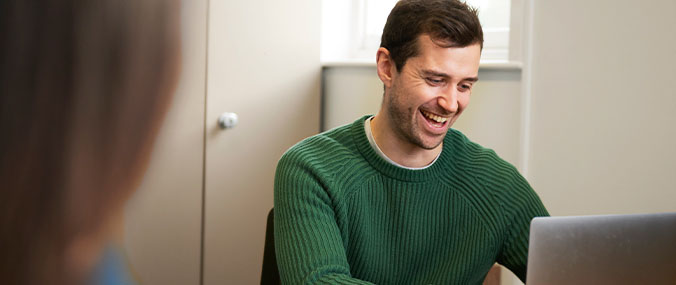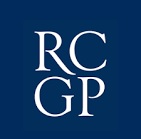An introduction to CPD
Publication date: 25 October 2023
The following guidance is for GPs who want to improve their CPD learning and work on their personal development plan.
Keeping up to date
CPD is your way of keeping up to date with clinical developments and growing your management and leadership knowledge to get the most out of your career as an independent GP.
The GMC requires you to do enough CPD to keep up to date across your scope of work. Your supporting information should cover all aspects of your practice and be of high quality to facilitate your learning and development. It should also help you identify areas for improvement in your practice.
The GMC does not have a fixed minimum requirement for supporting information, hours, or credits that you need to collect. However, the GMC advises against providing multiple examples that demonstrate reflection and learning the same skills. To prepare for your appraisal, we suggest reflecting on three instances of learning over the year that have led you to change your practice. Additionally, reflect on changes that you have made based on patient feedback/complaints and learning events.
What counts as CPD?
Examples include, but are not limited to:
- Evening meetings run by your local health board/trust or RCGP faculty.
- Day-long courses.
- Clinical meetings/SEA meetings held in practice.
- e-Learning modules from various sources. RCGP have a vast portfolio accessible free to members.
- Webinars and podcasts.
- If you look up something you weren’t sure about during morning surgery, reflect on it and record it.
- Keep up with current affairs and reflect on how these may affect your clinical practice.
- Mandatory CPD like BLS, fire safety, infection control, manual handling, etc. It can vary locally; it’s worth checking with your appraiser or workplace.
Top tips for continuing professional development
- Keep a record of your CPD. You’ll be surprised how quickly you will be fulfilling your annual requirement.
- Most CPD is done as part of your day job – you see a patient and think, ‘I really can’t remember the clinical features of thalassemia,’ and you look it up. This helps you expand your knowledge and enhance your skills.
- CPD encompasses more than just clinical learning; it includes practice management, business skills, and leadership with clinical and non-clinical staff.
- Vary your CPD topics across the GP curriculum to cover your entire scope of practice in the five-year revalidation cycle.
- Pick what’s best for you, it’s your CPD.
Discover CPD opportunities
As a member of the college, you can participate in over 800 member events every year, both virtual and face-to-face. These events cover a wide range of clinical and non-clinical topics, most of which contribute to your CPD. You can stay updated with the upcoming events by checking the RCGP website, reading weekly faculty e-bulletins, and bi-monthly learning emails.
Our online portal hosts a wide range of e-Learning resources, including the newly launched First5 Pathway. This pathway is designed to cater to the learning needs of GPs, based on five specific learning outcomes identified by the RCGP. All resources on the pathway have been curated by First5 GPs, and you can choose the learning materials most relevant to your needs. Watch for our weekly e-bulletin, where we communicate new e-Learning opportunities.
There are many opportunities outside the RCGP should you top up your CPD further. Your local hospital may offer a weekly grand round, open to all, or study days on specific subjects. The BMA, doctors.net, Fourteen Fish, Red Whale, and others offer excellent e-Learning resources for paying members.
Holding educational meetings, creating, or joining a CPD group, or chatting with a colleague can count as CPD if you reflect and apply your learning to practice.
Everyone learns differently. Your learning journey will differ from your friends and colleagues, and that’s OK. While some people learn well by sitting in a lecture hall for six hours, others need something more interactive or individual online learning.
About the writers
Thank you for your feedback. Your response will help improve this page.

